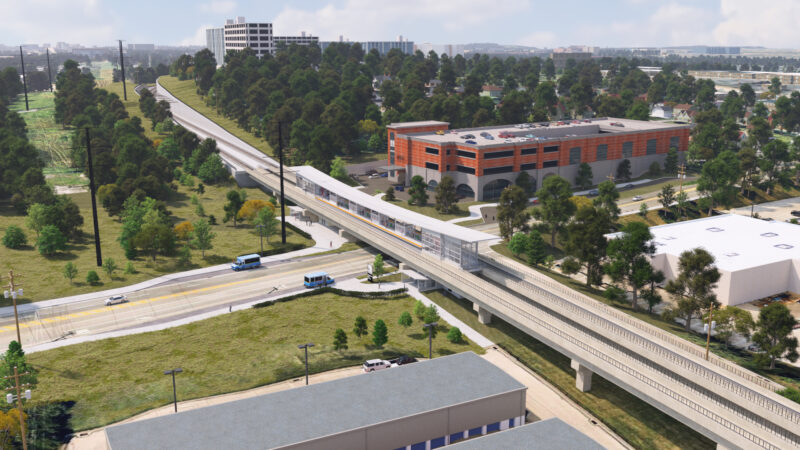
Last week, SEPTA announced it would be pausing the King of Prussia Rail project due to inflation and high interest rates.
The project would have extended the existing Norristown High Speed Line (NHSL) for four miles into King of Prussia (KOP), providing riders with a high-speed, “one-seat” ride from any station on the NHSL into KOP.
Officials said the projects rising costs have forced federal officials to question whether or not SEPTA could fund its share of the project. The project was not recommended for federal New Starts funding in 2024.
“SEPTA’s capital budget has been underfunded for decades. This has left the Authority with significantly fewer resources than peer agencies to pursue system expansion while also addressing critical infrastructure needs,” Leslie S. Richards, SEPTA General Manager and CEO, said. “With the funding we have currently, SEPTA must prioritize essential infrastructure work and safety and security improvements to maximize the reliability and effectiveness of our aging system.”
SEPTA said the lack of flexibility in its capital budget prevented it from being able to assure officials with the Federal Transit Administration that it would be able to pay for any cost overruns. SEPTA said it would not jeopardize other projects in order to fund the KOP Rail project. Officials said the project’s projected budget increases by $100 million each year it is delayed, and that the estimated cost for the project has increased from $2.08 billion to $3.02 billion.
The announcement halts all work on the project. No indication was given on how funds that had been allocated for the KOP Rail project would be used when the proposed capital budget and long-term program is released next month.
“We are disappointed. King of Prussia Rail would have delivered real benefits to our city and region by providing reliable public transportation connecting our three largest employment hubs in Center City, University City, and King of Prussia. It would have eased congestion on area roadways and reduced air pollution,” Richards said. “We greatly appreciate all the hard work that our staff has put into this initiative, and we are grateful for the support of those who advocated for the project alongside us.”